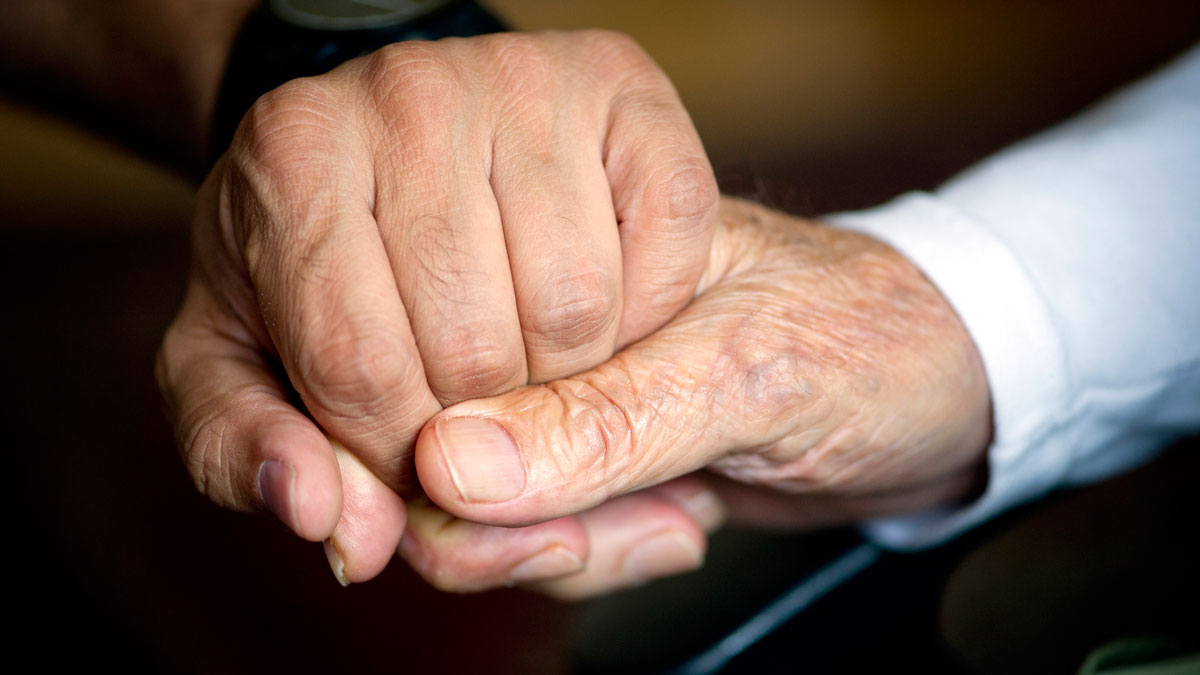Coronavirus: why Britain’s death toll just jumped by 17%
Care home and community fatalities now included in government’s daily count

A free daily email with the biggest news stories of the day – and the best features from TheWeek.com
You are now subscribed
Your newsletter sign-up was successful
The number of people who have died with coronavirus in the UK has jumped by 17% in one day, as the government officially expanded the daily count to include deaths outside of hospitals.
During the government’s daily briefing on Wednesday, Foreign Secretary Dominic Raab revealed the death toll for the UK was now 26,097, an increase of 4,419 from Tuesday.
The figures have led experts to suggest that the virus front-line has switched from hospitals to care homes, where fatalities have been mounting, Sky News reports.
The Week
Escape your echo chamber. Get the facts behind the news, plus analysis from multiple perspectives.

Sign up for The Week's Free Newsletters
From our morning news briefing to a weekly Good News Newsletter, get the best of The Week delivered directly to your inbox.
From our morning news briefing to a weekly Good News Newsletter, get the best of The Week delivered directly to your inbox.
However, Raab claimed that this change did not represent “a sudden surge”, as the figure includes deaths since 2 March.
–––––––––––––––––––––––––––––––For a round-up of the most important stories from around the world - and a concise, refreshing and balanced take on the week’s news agenda - try The Week magazine. Start your trial subscription today –––––––––––––––––––––––––––––––
Why have the figures jumped?
Dominic Raab announced on Wednesday that the number of people who have died with coronavirus in the UK has now passed 26,000, having been just below 22,000 on Tuesday.
A free daily email with the biggest news stories of the day – and the best features from TheWeek.com
This jump, representing a 17% increase in just 24 hours, is a result of official figures being altered to include deaths in the community, such as in care homes, dating back to the beginning of the outbreak.
Of the new deaths added, around 70% were thought to have occurred outside hospital settings and around 30% were in hospital. The figure also includes 85 NHS workers and 23 social care workers.
Also at Wednesday’s press conference was Yvonne Doyle, director of health protection at Public Health England, who said that the official figure for deaths in care homes may be revised up further.
“We may expect more than we are seeing at the moment, yes,” she said, adding that there was “about a 20% divergence” between the deaths in hospitals and the new total figure, which factored in fatalities in care homes and in the community, ITV News reports.
What has the reaction been?
At the briefing, BBC health editor Hugh Pym asked why testing in care homes had not started sooner.
Raab said such a move would have required “enormous testing capacity”, but admitted that there had been a “distribution issue”.
“There is no sugar coating the challenge we have had with that,” he said.
The shadow minister for social care, Labour MP Liz Kendall, said the “daily reporting of Covid-19 death rates outside hospital, including in care homes, is important for our fight against this pandemic”.
But she added that Wednesday’s figures “show that further action is urgently required to reduce the spread of the virus and keep care users and staff safe”.
The news also comes just days after Vic Rayner, the director of the National Care Forum, which represents charitable care home operators, said: “We are nowhere near a peak in care homes and this is absolutely the wrong time to turn away from actions to fight the virus.
“This isn’t a one-round fight. We need to make sure the care sector gets the resources it needs, and we haven’t yet seen the level of action we need to get this right. The frontline of this virus has moved into care homes and the clinical focus now needs to shift,” The Guardian reports.